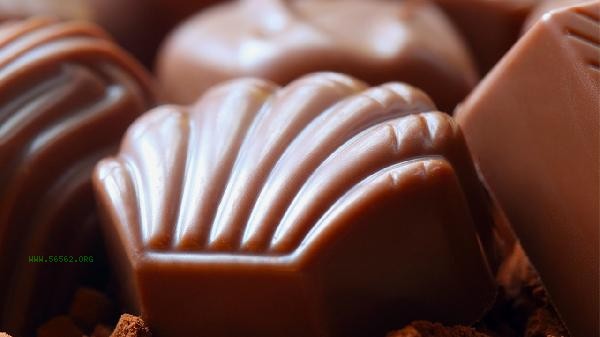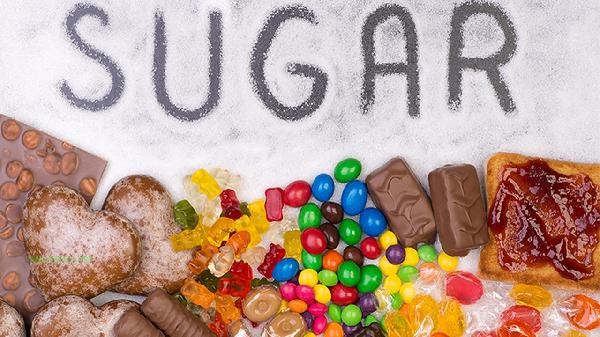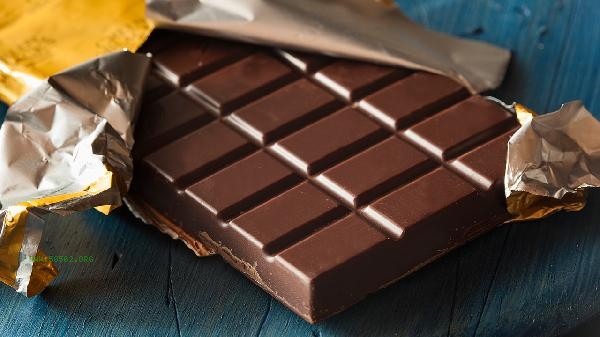Moderate consumption of dark chocolate during weight loss usually does not lead to weight gain. The calorie and sugar content of dark chocolate is lower than that of ordinary chocolate, and its main influencing factors include cocoa content, consumption amount, intake time, metabolic differences, and overall dietary structure.

1. Cocoa content:
The cocoa content of dark chocolate directly affects its calorie and sugar content. Dark chocolate with a cocoa content of over 70% contains approximately 500-600 calories per 100 grams, and the sugar content is usually less than 20 grams. High cocoa content means more antioxidants and dietary fiber, which can enhance satiety. It is recommended to choose products with a cocoa content of over 85% to avoid inferior chocolate containing cocoa butter substitutes.
2. Consumption control:
The recommended daily intake is within 20-30 grams, which is equivalent to 1-2 small pieces of standard dark chocolate. This portion can provide about 100-150 kcal of calories, accounting for about 5% -8% of the daily calorie demand of adults. Overconsumption may still affect weight loss due to the accumulation of calories, especially avoiding high-fat snacks such as nuts.
3. Intake time:

It is more effective to consume it in the morning or 1 hour before exercise. Consuming during the morning when metabolism is active can accelerate energy expenditure, while consuming before exercise can provide sustained energy. Avoid consuming within 3 hours before bedtime, as slowing down metabolism at night can lead to heat accumulation. Eating in small portions is more beneficial for blood sugar stability than concentrated intake.
4. Individual metabolic differences: People with higher basal metabolic rates tend to burn calories from dark chocolate faster. Individuals with lower insulin sensitivity need to strictly control their intake, with no more than 15 grams per dose. People with a tendency towards chocolate addiction should avoid continuous daily consumption and it is recommended to consume it every 2-3 days.
5. Dietary combination:
It is necessary to reduce the intake of other high-fat foods on the same day, such as fried foods, fatty meat, etc. Dark chocolate can replace some refined sugar snacks, such as cakes, cookies, etc. Pairing with high fiber foods such as oats and chia seeds can delay sugar absorption and enhance the duration of satiety. The polyphenolic substances in dark chocolate can promote fat metabolism, and its bitter components can suppress appetite. It is recommended to choose single piece independent packaging products for easy control of quantity and to avoid whole piece consumption. Paired with 30 minutes of aerobic exercise, it can burn about 200 calories, equivalent to 40 grams of dark chocolate. Pay attention to weight changes, and adjust intake if weight gain occurs for two consecutive weeks. Special groups such as diabetes patients need to consult a nutritionist, and women in pregnancy should not exceed 15g per day. In the long run, incorporating dark chocolate into a balanced diet plan is more beneficial for weight management than strictly prohibiting it.





Comments (0)
Leave a Comment
No comments yet
Be the first to share your thoughts!